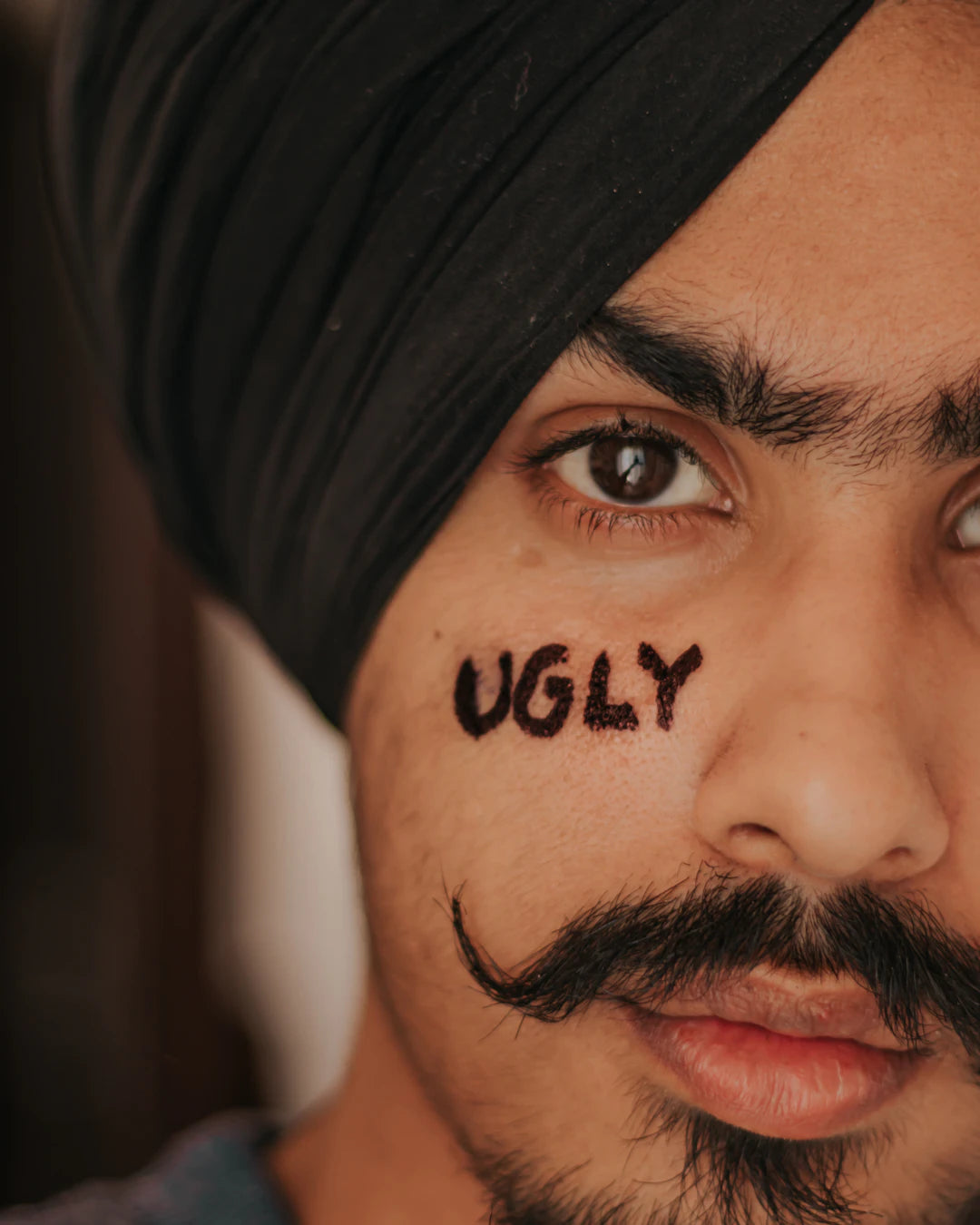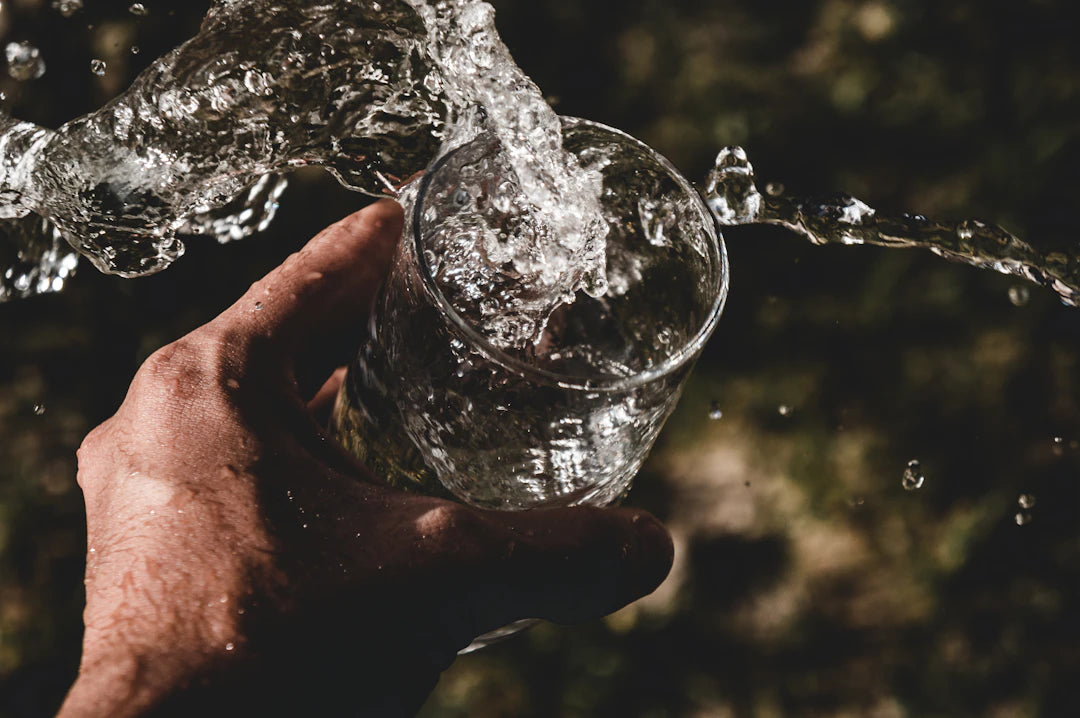Stress and Skin: Transform Your Glow Today!

Frequently Asked Questions
1. How does stress affect my skin?
2. What are some skin issues caused by stress?
3. What are effective ways to combat stress-related skin issues?
4. How important is hydration for skin health during stress?
5. What role does diet play in skin health?
Have you ever looked in the mirror and noticed that your skin doesn't quite reflect how you feel inside? If you're feeling overwhelmed, anxious, or stressed, your skin might be telling a different story. Stress can have significant effects on our skin, leading to various issues that can be both frustrating and disheartening. In this article, we will explore how stress affects your skin and provide tips on how to combat these unwanted effects. Say goodbye to skin troubles and hello to a more radiant, confident you!
Understanding the Connection Between Stress and Skin
To grasp the impact of stress on your skin, it’s essential to understand the science behind it. When you experience stress, your body produces a hormone called cortisol. High levels of cortisol can lead to a variety of skin issues, including:
- Dryness and dullness
- Acne breakouts
- Increased sensitivity
- Skin tightening
- Ageing signs like fine lines
The Different Ways Stress Affects Your Skin
1. Acne Breakouts
Stress can trigger the overproduction of oil in your skin, leading to clogged pores and, ultimately, acne breakouts. Moreover, when you're stressed, you may be more likely to touch your face or pick at blemishes, leading to further irritation and potential scarring.
2. Dry Skin
Feeling stressed can also lead to dry, flaky skin. When cortisol levels rise, it can signal your oil glands to slow down production, resulting in less moisture. This lack of hydration can make your skin feel tight and uncomfortable.
3. Sensitivity and Redness
Increased stress can weaken your skin's barrier function, making it more susceptible to irritants, allergens, and environmental factors. This can result in redness, irritation, and sensitivity, leaving your skin looking less than its best.
4. Premature Ageing
Chronic stress can accelerate skin ageing. With elevated cortisol levels, the skin produces less collagen and elastin, which are vital for maintaining the skin’s structure and elasticity. This can lead to increased fine lines, wrinkles, and sagging skin.
How to Combat Stress-Related Skin Issues
While it may seem daunting, there are several effective ways to manage stress and improve your skin’s health. Here are some practical steps you can take:
1. Embrace a Healthy Skincare Routine
A consistent skincare routine can do wonders for both your skin and your mental health. Incorporate products that provide hydration and nourishment. Consider using retinol cream, which is known for its anti-ageing properties by promoting cell turnover and improving skin texture. Ensuring your routine is simple yet effective will help you feel more in control, which can lower stress levels.
2. Stay Hydrated
Proper hydration is vital for maintaining skin health, especially during stressful times. Drink plenty of water throughout the day to keep your skin plump and healthy. Hydrated skin not only looks better but can also help reduce the appearance of fine lines and enhance your skin’s resilience.
3. Practice Stress-Relieving Activities
Finding ways to manage stress can drastically improve your skin's quality. Consider incorporating activities such as yoga, meditation, or deep-breathing exercises into your daily routine. These practices can help reduce cortisol levels, leading to healthier skin.
4. Adapt Your Diet
Your diet plays a critical role in skin health. Focus on consuming whole, nutrient-dense foods like fruits, vegetables, whole grains, and lean proteins. Foods rich in antioxidants and omega fatty acids can help promote a healthy glow. Avoid processed foods and excessive sugar, which can contribute to inflammation and exacerbate stress.
5. Get Enough Sleep
Sleep is crucial for overall health and directly affects skin appearance. Aim for 7–9 hours of quality sleep each night. During sleep, your body repairs and rejuvenates itself, leading to a brighter complexion. Establishing a relaxing bedtime routine can help you unwind and promote a restful night.
6. Seek Professional Help
If stress becomes overwhelming, don’t hesitate to seek support. Talking to a therapist or counselor can help you process your feelings and develop coping strategies. Additionally, consulting a dermatologist can help you find specific treatments for your skin concerns.
Skin Tightening and Anti-Ageing Strategies
For those particularly concerned about skin tightening and anti-ageing, there are a variety of treatments and lifestyle adjustments you can explore. While stress can accelerate the ageing process, implementing these strategies can help keep your skin looking youthful:
- Regular Exercise: Physical activity boosts circulation, which helps keep skin healthy and elastic.
- Sun Protection: Use sunscreen daily to protect against UV damage that can lead to premature ageing.
- Targeted Treatments: Incorporating retinol cream into your daily routine can significantly improve skin texture and firmness over time.
- Stay Social: Engaging with friends and loved ones can enhance your mood and lower stress levels.
Transform Your Skin, Transform Your Life
The connection between stress and skin health is undeniable. Understanding how stress affects your skin and implementing effective coping strategies can promote not only a healthier complexion but also a happier and more fulfilling life. Remember that taking care of your mental health is just as important as your skincare regimen. By prioritizing self-care and using products like retinol cream, you can battle stress and emerge with glowing, beautiful skin. Take charge, and you'll discover a world of confidence and well-being awaits!


